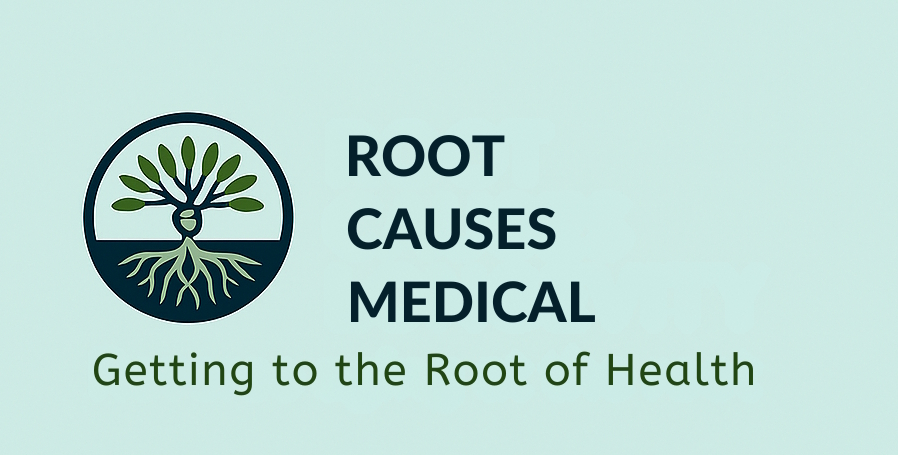Why immune regulation may be the key to stronger bones
🧬 Bones Are More Than Just Calcium
When most people think about bone loss, they think about:
- Aging
- Menopause
- Not getting enough calcium or Vitamin D
But very few people realize that bone health is deeply tied to your immune system.
In fact, your bones are built, broken down, and remodeled by immune-derived cells — and chronic inflammation can sabotage that process.
🦴 Meet Your Bone Cells: Immune Workers in Disguise
| Cell Type | Immune Lineage | Function |
| Osteoclasts | Derived from macrophages | Break down old bone (resorption) |
| Osteoblasts | Mesenchymal/stem-like origin | Build new bone |
| Osteocytes | Communicate damage + regulate turnover | Embedded in bone tissue |
When your immune system is in balance, these cells operate like a finely tuned construction crew — replacing old bone with new, stronger material.
But when chronic inflammation, stress, or immune dysfunction enter the picture, this crew goes haywire.
🔥 Inflammation: The Silent Bone Killer
Chronic low-grade inflammation (from stress, toxins, poor sleep, infections, gut issues) increases:
- Osteoclast activity → more bone breakdown
- Inflammatory cytokines (TNF-α, IL-6, IL-17)
- Cortisol and other catabolic hormones
- Nutrient depletion (magnesium, zinc, vitamin K2)
- Gut permeability → autoimmune flares → more inflammation
This is why people with autoimmune diseases (like rheumatoid arthritis or celiac) are at high risk for osteoporosis — even if they’re taking calcium.
💊 Enter LDN: Low Dose Naltrexone
LDN (low dose naltrexone) is a well-researched immune modulator that works by:
- Balancing T-cell activity
- Reducing inflammatory cytokines
- Supporting regulatory immune tone
- Enhancing natural endorphins (which support bone regeneration via opioid receptors)
It’s safe, affordable, and usually well tolerated, even for long-term use.
🔬 How LDN Might Protect Your Bones
While research is still emerging, early studies and case reports suggest:
- Improved bone turnover markers (like CTX and P1NP)
- Stabilized BMD in autoimmune patients
- Improved outcomes when paired with nutrients, lifestyle, and hormonal support
One case report even found improved BMD when LDN was combined with rapamycin and supplements — two core elements of the BoneBuilder™ protocol.
✅ When We Recommend LDN
At BoneBuilder™, we often include LDN for:
- Anyone with unexplained or early bone loss
- Those with a history of autoimmunity, inflammation, or chronic stress
- Perimenopausal women with fatigue, sleep issues, and systemic inflammation
- Postmenopausal clients not ready or able to do HRT or Prolia
- Clients who don’t tolerate bisphosphonates or prefer a gentler approach
Typical dose: 0.5 to 4.5 mg nightly
We titrate slowly to match your tolerance and response.
🤝 LDN + BoneBuilder = Regenerative Medicine
LDN is not a silver bullet — but when layered into a structured plan with:
- Supplements (K2, D3, magnesium, collagen)
- Anti-inflammatory nutrition
- Hormone support (if needed)
- Osteogenic activity (like vibration or weighted vest)
- Tracking (like CTX)
…it becomes a powerful tool in your bone rebuilding arsenal.
💬 Common Questions
Is LDN FDA-approved for bone loss?
→ No, it’s off-label — but well supported in functional medicine, with a growing evidence base for inflammation, immune balance, and chronic disease reversal.
Is LDN safe long-term?
→ Yes. Most people tolerate it extremely well. Side effects are rare and typically mild (vivid dreams, short-term sleep disruption).
Can I combine LDN with hormone therapy?
→ Absolutely — in fact, the two may complement each other.
🧠 Bottom Line
Your bones are part of your immune system.
If you’re inflamed, stressed, or autoimmune-prone, your bone remodeling may be suffering — silently.
LDN is a safe, effective way to calm the storm and give your skeleton the chance to heal.
📅 Ready to explore your own Bone-Immune connection?
https://myrootcauses.com/bonebuilder/
🔍 Curious? Check your CRP, ESR, and CTX markers and see if inflammation is at play.
